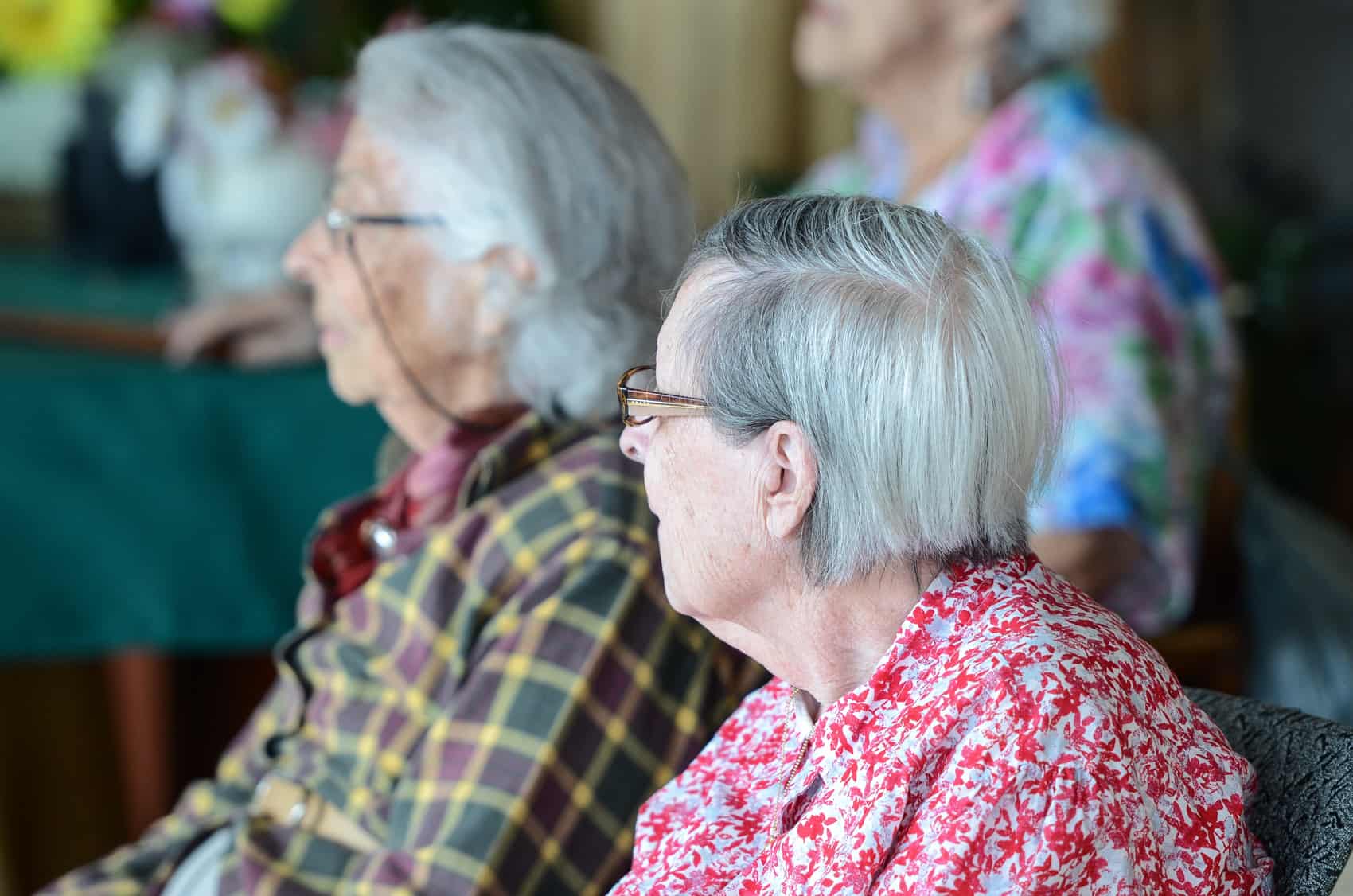A new study released Thursday found that elderly gay, lesbian, bisexual, transgender and intersex people are at high risk for “double discrimination” because of their age and sexual or gender identity.
The survey published by the Center for the Investigation and Promotion of Human Rights in Central America (CIPAC) found that current laws in Costa Rica don’t anticipate the distinct circumstances LGBT senior citizens face. Many of the LGBT people surveyed by CIPAC said they were concerned about discrimination in assisted-living homes.
“Discrimination and inequality has kept elderly LGBT people from freely exercising their rights,” said CIPAC chief political officer Francisco Madrigal in a statement.
“Growing old and being non-heterosexual has made this population totally invisible,” he said. It’s “a sector of the population that needs to be made visible and deserves the attention of the state.”
The survey of 30 elderly or soon to be elderly LGBT people between November 2014 and January 2015 found that legal hurdles were respondents’ top concern.
In May 2014 the Costa Rican Social Security System board voted to allow gays and lesbians to sponsor their same-sex partner for health insurance, but the report said there was still much to be done to shore up the rights of LGBT senior citizens. Costa Rica does not recognize legal same-sex relationships, like civil unions or common-law marriages — circumstances that complicate life for gay and lesbian couples when there are questions about inheritance or life insurance, for example.
“Our pensions are very small. I mean, together they make ends meet. With a heterosexual couple, if one dies, the other inherits the pension. For us it’s not like that, it doesn’t pass on,” an unnamed elderly lesbian respondent told a survey taker.
Besides a legal system that does not anticipate issues LGBT elderly might face, many respondents expressed concerns over possible discrimination or hostility they might face at an assisted-living home.
Out of 16 public and private assisted-living homes surveyed by CIPAC, only seven said that they allowed residents of the same sex to live together. Some homes said they would not accept LGBT residents, while others said they were unsure how they would handle them.
The survey also found that caregivers at these facilities have mixed feelings about LGBT residents. Bafflingly, 100 percent of the 23 caregivers surveyed — the vast majority of whom had at least some university education — said that they would not have trouble taking care of an LGBT person as part of their job, but 96 percent of those respondents reported that they preferred not to have any physical contact with LGBT people.
In addition:
- 91 percent said that LGBT elderly people should not reveal their sexual orientation
- 91 percent said that LGBT elderly should not live in the same assisted living homes as heterosexual senior citizens
- 61 percent said that LGBT people could be heterosexual “if they really tried”
- 57 percent said that elderly LGBT people were a myth
Considering that a group of care workers didn’t believe that LGBT elderly people exist, among other factors, the survey determined that Costa Rica does not have an adequate supply of services and resources for LGBT senior citizens.
The report suggested passing laws that guarantee equal rights for LGBT people in general, and strengthening the pension system and access to housing for LGBT people.
“Recognizing unions between people of the same sex is fundamental for topics like retirement funds and inheritance,” the report said.
It also recommended improving access to information and training on LGBT issues for care workers, and guaranteeing access to health services, included gynecology and endocrinology, for transgender people.






